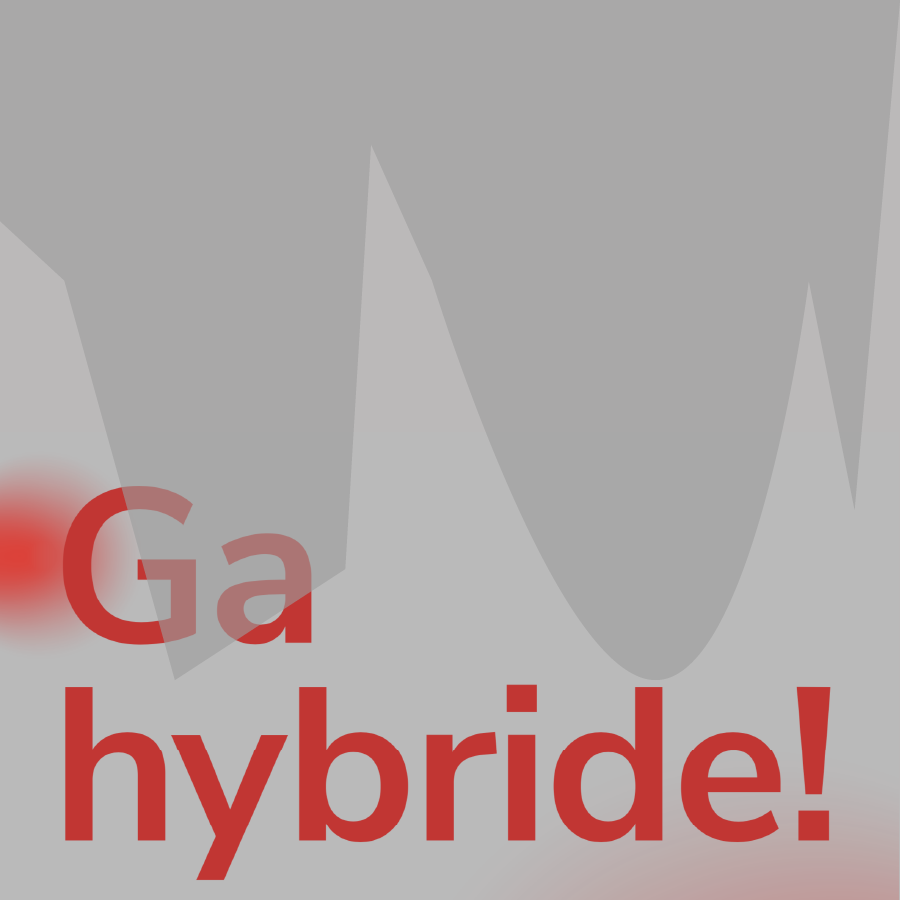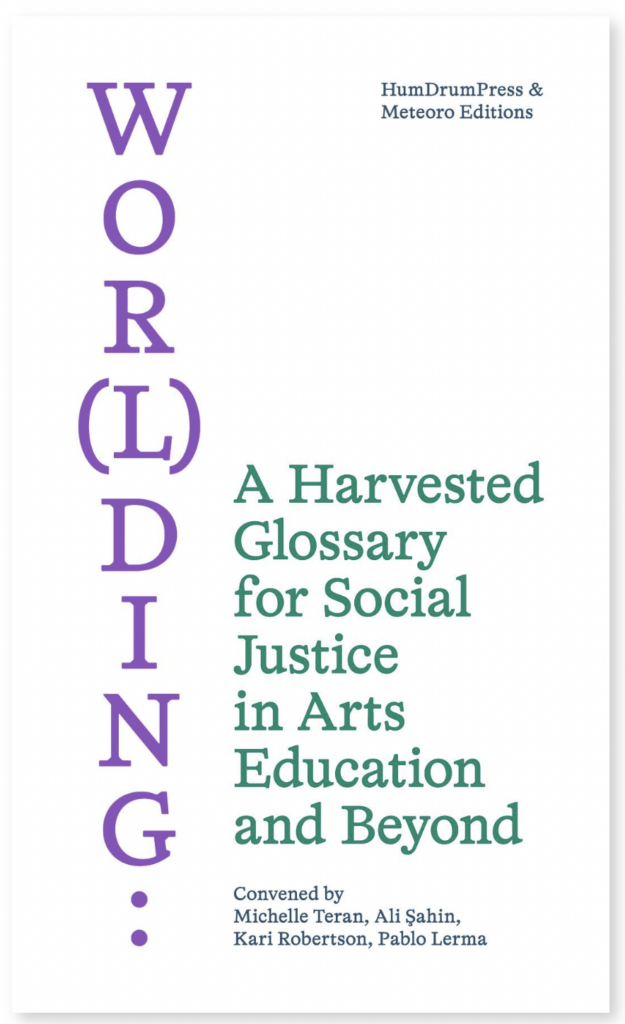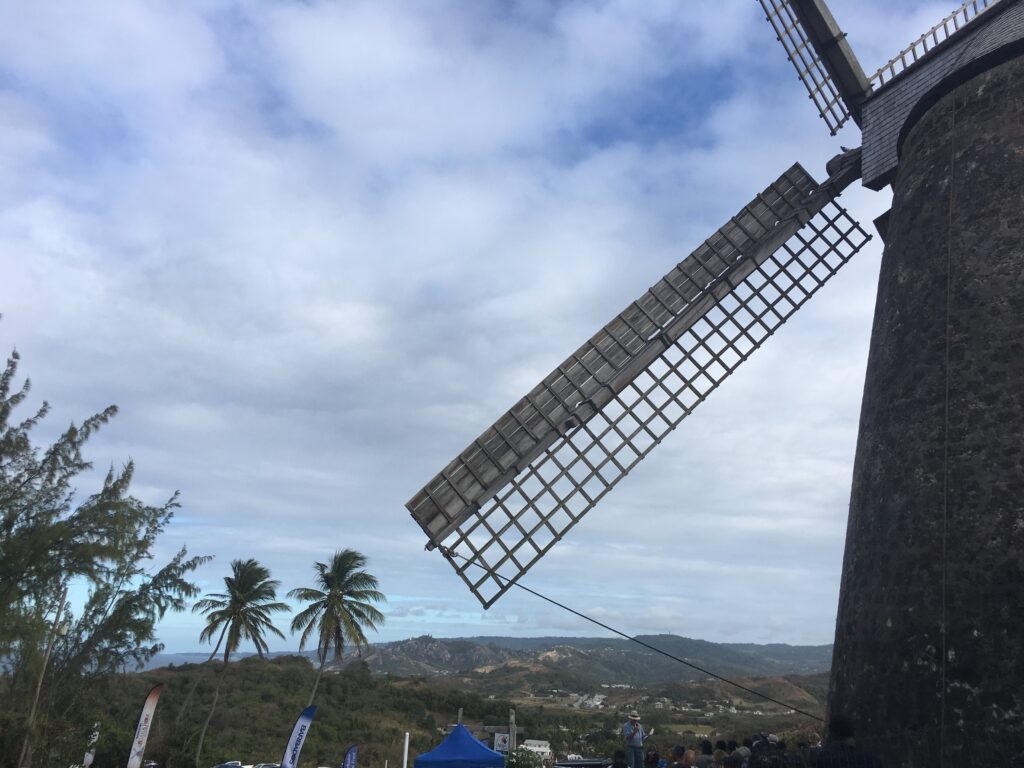Project details
| Researchers |
|
| Partners |
|
| Project Leader |
|
| Funding Program | SIA RAAK-MKB |
| Affiliated activities |
|
Since the onset of CoVid19, there have been many ad-hoc solutions and experimental strategies within the cultural sector to compensate for temporary closures and financial losses. Providers of high-quality cultural programs, contemporary art spaces, festivals and self-organized collectives, are rapidly coordinating digital exhibition spaces, live streams and online debates, serving their existing (offline and local) and new (online and global) audiences. Sometimes simultaneously, in a hybrid event; with a limited live audience and an unlimited number of online visitors.
The SMEs that are central to this research need to develop a long-term vision on off/online knowledge sharing of their cultural programming and activities. Far-reaching digitization and climate considerations, in addition to corona, give urgency to a vision of hybrid programming. The research develops working principles for a long-term vision of a hybrid and high-quality program offering with a view to serving new and existing audiences, even post-pandemic, through participatory livecasts of events, their coherent reporting through publications that will eventually be published in living archives to come.
The project will comprise three working groups: ‘Participatory Livecasting’, ‘Hybrid Publications’ and ‘Living Archives. Each group brings program providers, self-organized collectives of freelancers in the cultural and creative industry, researchers, developers and designers to work on a specific project.
Participatory Livecasting: To prevent zoom fatigue this working group develops working principles for participatory livecasting. The group with experiment with methods to evoke a joint audience experience during a live cast, where ‘connectedness’ does not have to be just physical ‘being together in a room’.
- In what ways can livecasting lead to working principles for a hybrid and high-quality cultural offer to realize that its providers offer enough autonomy in programming?
Hybrid Publications: This working group develops working principles for hybrid publications, to achieve coherence in off/online program offerings. Experimental, multimedia, hybrid publications will give substance to ‘publishing’ and quality assurance of a hybrid, high-quality cultural offer will be central.
- In what ways can hybrid publishing lead to working principles to disseminate a hybrid and high-quality cultural offer to diverse audiences?
Living Archives: This working group’s primary aim is to develop an anticipatory archiving strategy of online events as well as the inclusion or digitization of existing digital material. User-friendly and navigable archives not only provide insight into a high-quality cultural offer in the short term, but also make it possible to respond to the (renewed) relevance of material in the medium to long term.
- In what ways can easily navigable living archives lead to working principles for opening up a hybrid and high-quality cultural offer and mobilizing the public around it?
Consortium
Knowledge Institution Partners: The Institute of Network Cultures lectorate led by Geert Lovink (Amsterdam University of Applied Sciences) and the Social Practices lectorate led by Michelle Teran (Willem de Kooning academie, Rotterdam University of Applied Sciences)
SME-partners: IMPAKT (Utrecht); Framer Framed (Amsterdam); MU (Eindhoven); Varia (Rotterdam); Hackers & Designers (Amsterdam); The Hmm (Nederland).
WdKA-researchers: Aymeric Mansoux (lector Commercial Practices), Clara Balaguer, Sofia Boschat-Thorez, Miriam Rasch, Senka Milutinović



